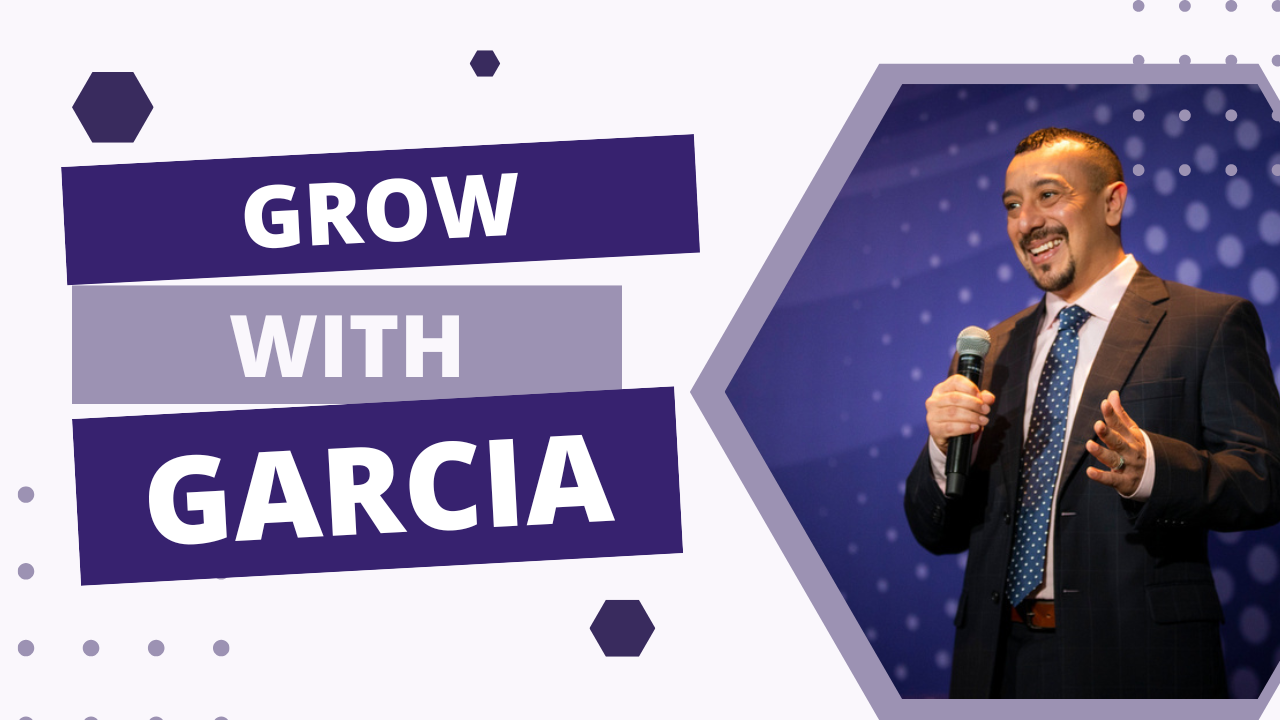Looking to level up your leadership skills and boost your communication game? Look no further than my expertly crafted blog, where I'll guide you through the ins and outs of personal and professional development. I'll help you become the leader you were always meant to be. If you find yourself feeling stuck, I can offer guidance and assistance to help you move forward. I am committed to empowering people reach their full potential in their personal or professional development journey with my blog.
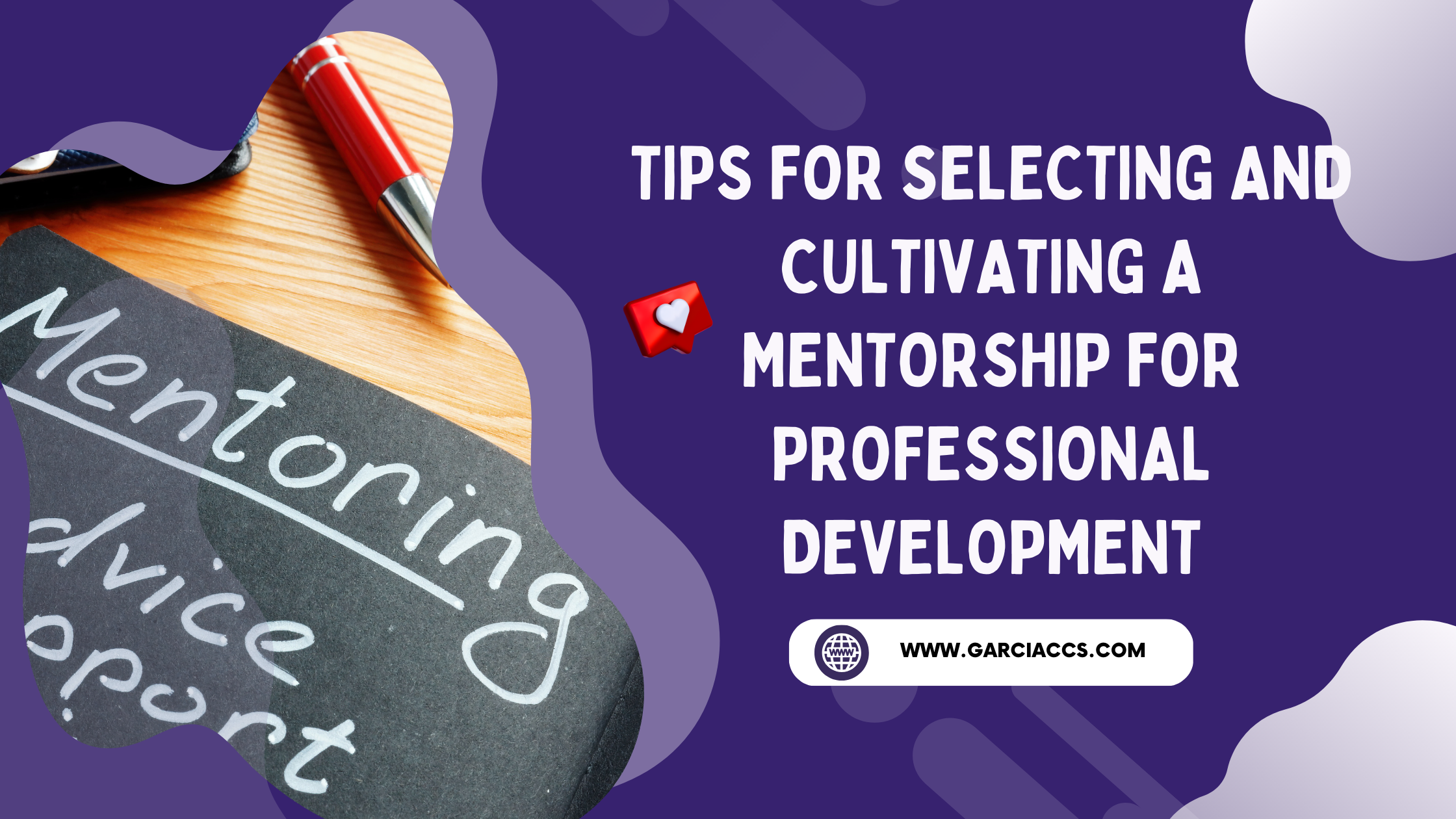
Tips for Selecting and Cultivating a Mentorship for Professional Development
Seeking out a mentor can be a game-changer in your professional growth journey. To start, define your goals, find someone with relevant experience, aligning values, and availability. Building a strong mentor-mentee relationship requires effort, communication, and mutual respect. Set clear goals and expectations and communicate openly and honestly with your mentor. Lastly, show appreciation and gratitude for their time and guidance. Remember, mentorship is a two-way relationship, so invest time and energy in building a strong connection with your mentor. With the right mentor by your side, there's no limit to what you can achieve.
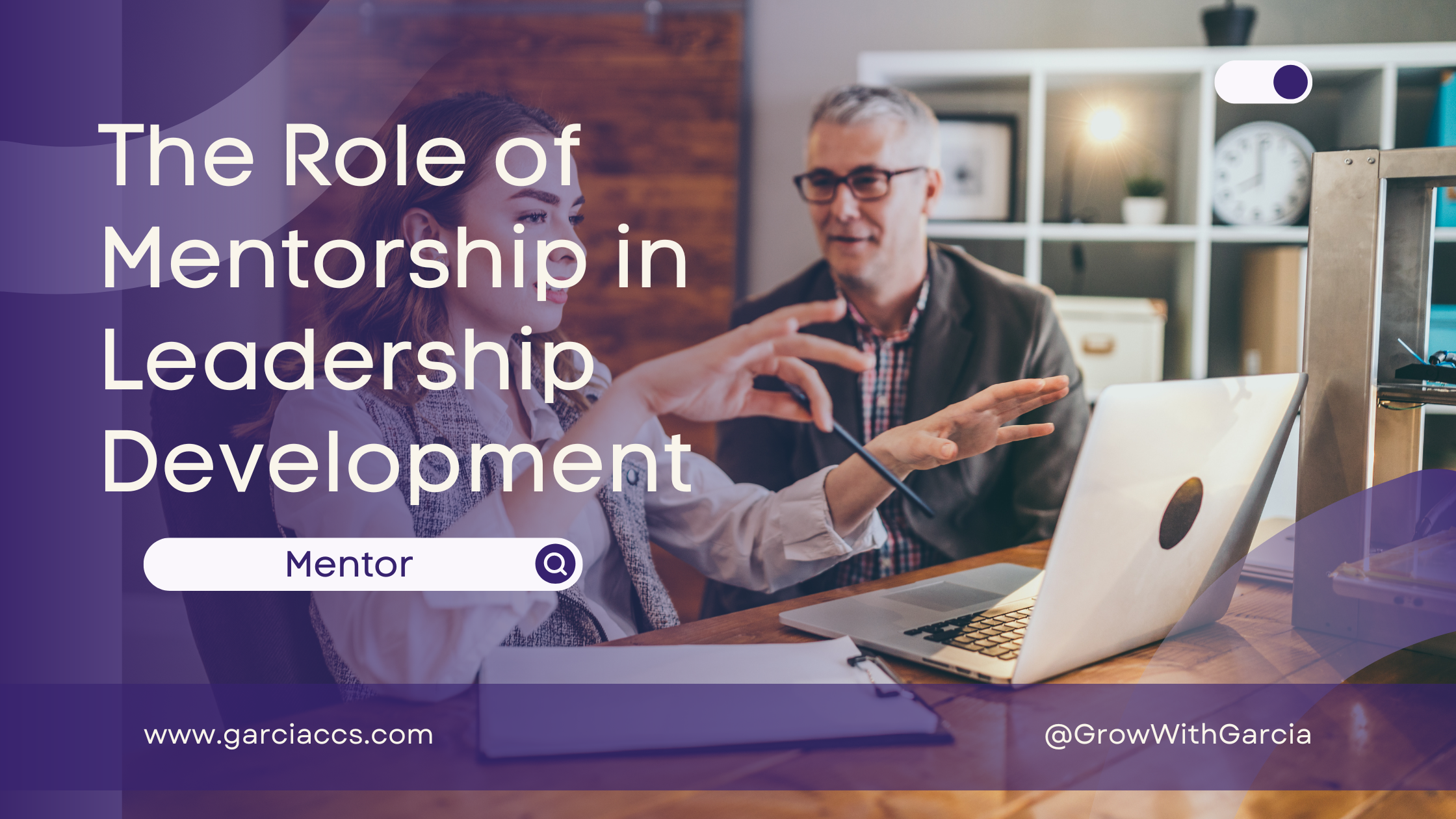
The Role of Mentorship in Leadership Development
Mentorship is crucial for effective leadership development. It provides guidance, support, and advice for navigating the complexities of leadership. A mentor can offer personalized guidance, introduce mentees to professionals in their field, and provide a safe space to explore strengths and weaknesses. Mentorship can also create a supportive and collaborative environment, benefiting both the mentee and organization. Ultimately, mentorship is a valuable tool for professional growth and development, helping individuals reach their full potential in their careers.

5 Reason to Join a Mastermind Today
I’ll give you 5 reasons to join a mastermind today to rocket your growth journey forward.
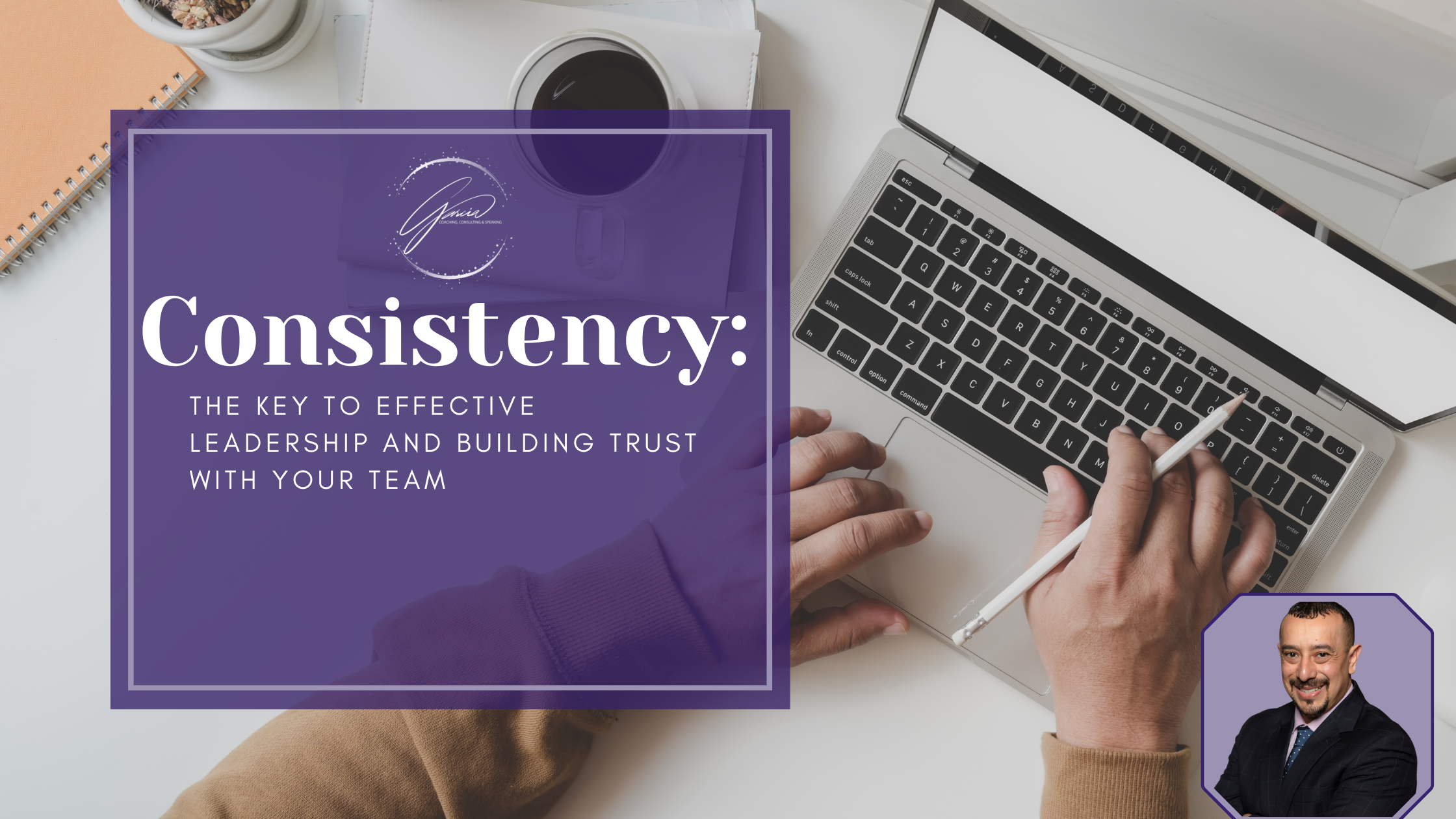
Consistency: The Key to Effective Leadership and Building Trust with Your Team
Consistency is an essential element of effective leadership that builds trust and creates a productive work environment. As a leader, it is crucial to communicate expectations clearly and provide regular feedback to your team. Consistent decision-making and fair treatment of team members can boost morale and improve performance. Additionally, investing in your team's growth and development, recognizing their hard work and achievements, and having a clear communication style can foster a sense of belonging and importance among team members. Consistency takes time and effort, but it is well worth the investment as it leads to positive and productive outcomes for both the leader and the team.

Overcoming Self-Doubt: How to Push Past Mental Barriers and Achieve Your Goals
This blog discusses the importance of overcoming self-doubt for personal growth and development. Self-doubt can be triggered by past failures, negative feedback, and comparing oneself to others. The author shares their personal struggle with self-doubt and provides strategies to overcome it, including practicing positive self-talk, setting achievable goals, and taking action. Celebrating small victories and surrounding oneself with positive and supportive people can also help boost motivation and confidence. The author emphasizes that achieving goals is addicting and encourages readers to set goals and never give up.
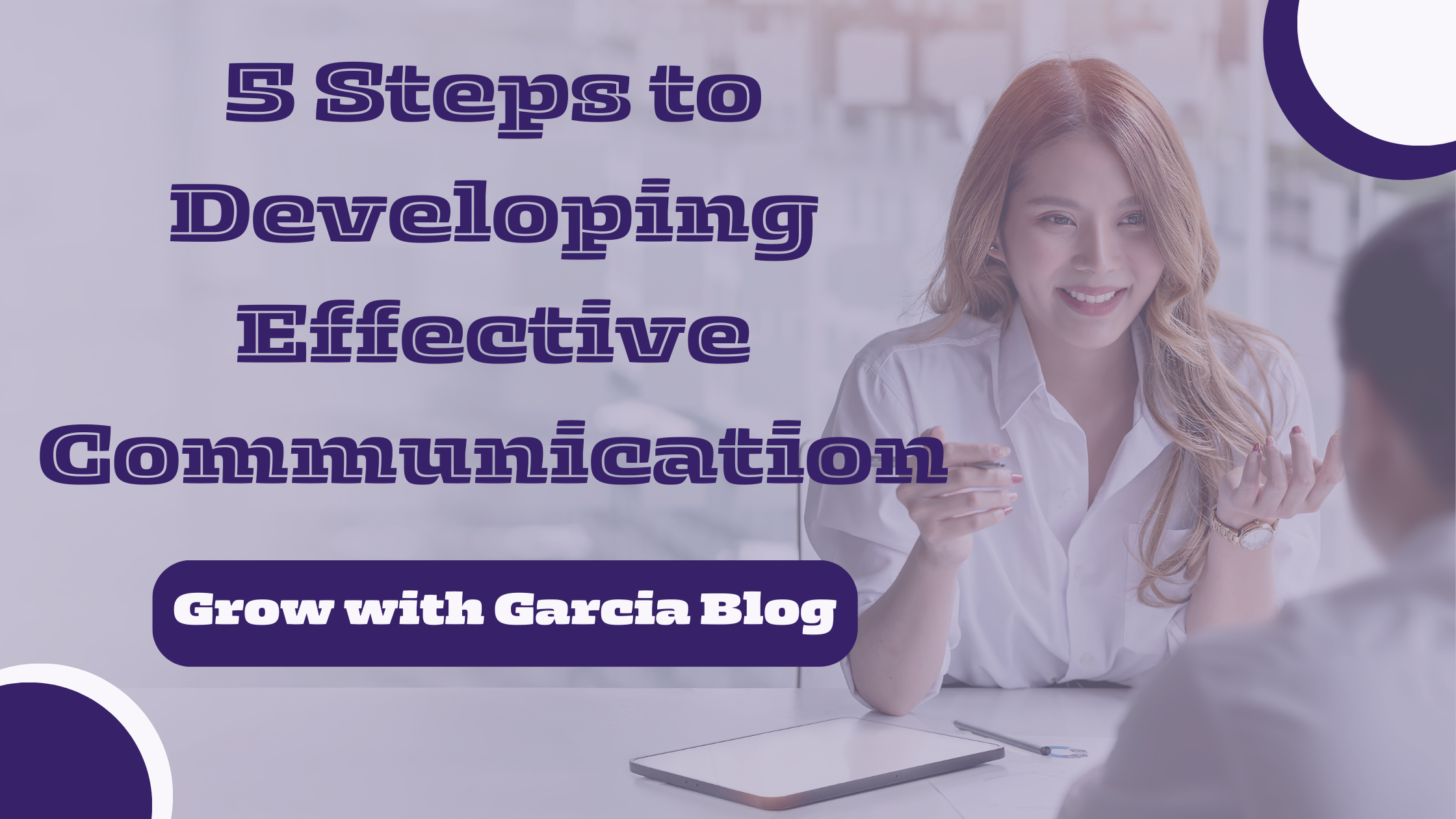
5 Steps to Developing Effective Communication Skills
Effective communication involves active listening, being clear and concise, using non-verbal cues, encouraging feedback, and adjusting your style. By actively listening, you show that you understand and value the speaker's message. Being clear and concise helps to avoid misunderstandings. Non-verbal cues can enhance the message and assist in conveying emotions. Encouraging feedback allows for clarification and understanding. Finally, adjusting your style to the audience ensures that the message is received and understood.

Know Yourself to Grow Yourself
The Maxwell DISC Personality Assessment has helped David better understand different personality types, including his own. By identifying traits and behaviors characteristic of each type, he is now able to communicate more effectively by tailoring his approach to match the other person's personality style. This has helped him be more mindful of his tone and strive to be more collaborative and inclusive in their approach. David shares a personal experience where the assessment helped him better communicate with his high C wife by appreciating the details and the work she does. David believes that if everyone took the time to understand and adjust their communication style, it would lead to more effective communication and a better world.

Competing with Yourself
The best measure of success is competing with ourselves rather than comparing ourselves to others. We should set specific, measurable, and achievable goals and focus on continuous improvement.

